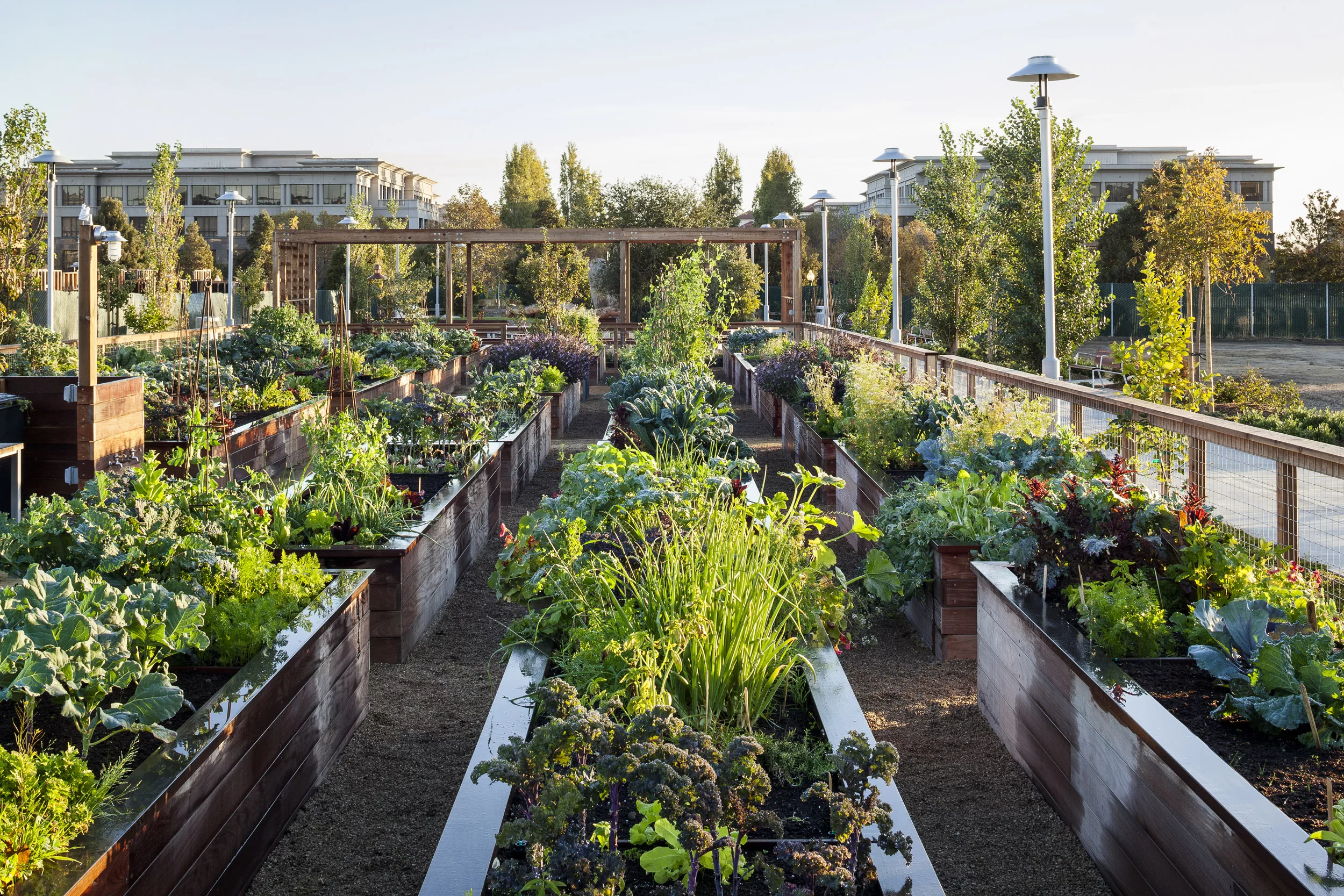
Common grounds, or the commons, offer a unique and promising opportunity to jumpstart hemp production and processing from within communities. Here are some of the reasons why:
- Community ownership and participation: Common grounds provide a way for communities to take ownership of their own economic development and food sovereignty. By collectively managing and utilizing these spaces, communities can ensure that the benefits of hemp production and processing are shared equitably.
- Reduced start-up costs: Common grounds allow communities to pool resources and share equipment, reducing the individual costs of entry into the hemp industry. This makes it more accessible to smaller-scale farmers and entrepreneurs who may not have the financial means to start their own businesses.
- Shared knowledge and expertise: Common grounds foster collaboration and knowledge sharing among community members, enabling them to learn from each other’s experiences and expertise. This can lead to improved practices and increased yields.
- Community cohesion and resilience: The shared experience of growing and processing hemp can strengthen community bonds and resilience. As communities work together to achieve a common goal, they develop a sense of shared purpose and identity.
- Environmental sustainability: Common grounds can be managed in an ecologically sound way, minimizing the environmental impact of hemp production. This aligns with the values of many communities who are seeking more sustainable practices.
In addition to these benefits, common grounds can also provide a sense of place and connection to the land for community members. By cultivating hemp on common grounds, communities can reconnect with their agricultural heritage and contribute to the revitalization of local food systems.
Here are some examples of how common grounds are being used to promote hemp production and processing:
- Community gardens: Many community gardens are incorporating hemp into their crops, providing an opportunity for urban residents to learn about and grow this versatile plant.
- Local food hubs: Local food hubs are partnering with communities to develop hemp production and processing facilities, creating jobs and providing access to locally grown hemp products.
- Indigenous communities: Indigenous communities are reclaiming traditional knowledge and practices to cultivate and utilize hemp for a variety of purposes, including food, medicine, and fiber.
As the demand for hemp products continues to grow, common grounds will play an increasingly important role in supporting the development of a sustainable and community-driven hemp industry. By providing access to land, resources, and expertise, common grounds can empower communities to take control of their own food systems and build a more resilient future.

